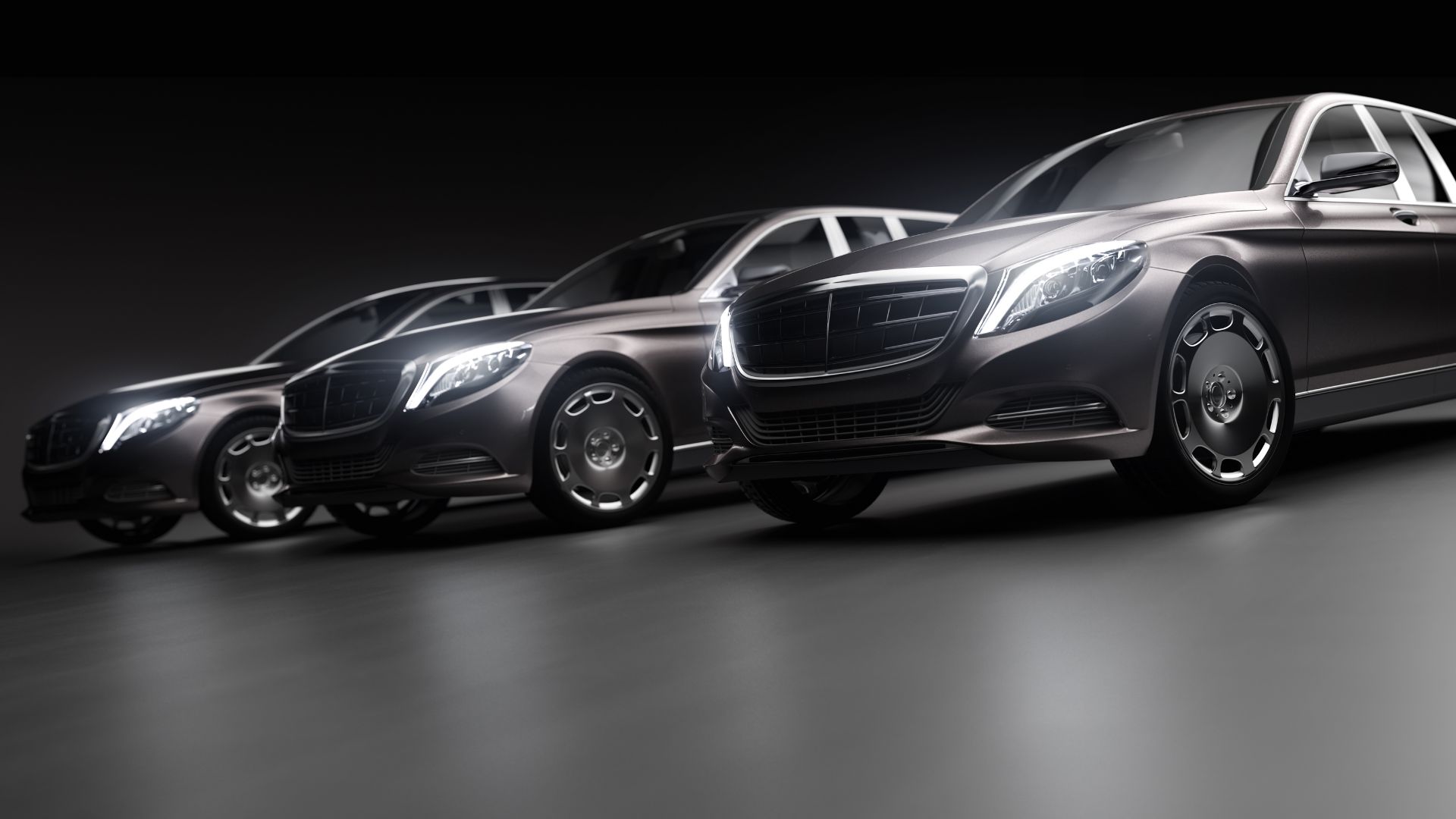Exploring the Most Innovative Concept Cars of the Year

Each year, automotive manufacturers push the boundaries of design and technology with concept cars that showcase bold innovations. These futuristic prototypes provide a glimpse into the future of mobility, featuring advancements in electric propulsion, autonomous driving, and sustainable materials. While many concept cars never make it to full-scale production, they often influence the next generation of commercial vehicles.

One of the standout trends in this year’s concept cars is the integration of artificial intelligence and smart interfaces. Vehicles like the Mercedes-Benz Vision AVTR incorporate biometric controls, where the driver can interact with the car using hand gestures and eye-tracking technology. Meanwhile, Audi’s Skysphere concept introduces shape-shifting capabilities, allowing the car to extend its wheelbase for a luxurious grand touring experience or contract for a more dynamic sports mode.

Sustainability remains a driving force in concept car development. Automakers are experimenting with plant-based materials, recycled components, and fully electric drivetrains. The BMW i Vision Circular, for instance, is designed with a focus on recyclability, ensuring that nearly every component can be repurposed at the end of its life cycle. In addition, hydrogen-powered concepts, such as Toyota’s LQ, explore alternative fuel sources to reduce environmental impact.

Looking ahead, concept cars are not only about luxury and performance but also about addressing urban challenges. Companies like Hyundai and General Motors have unveiled modular vehicle platforms that adapt to different transportation needs, from autonomous ride-sharing pods to cargo-hauling configurations. These innovations suggest that the future of driving may be more flexible, sustainable, and seamlessly integrated into smart city ecosystems.

